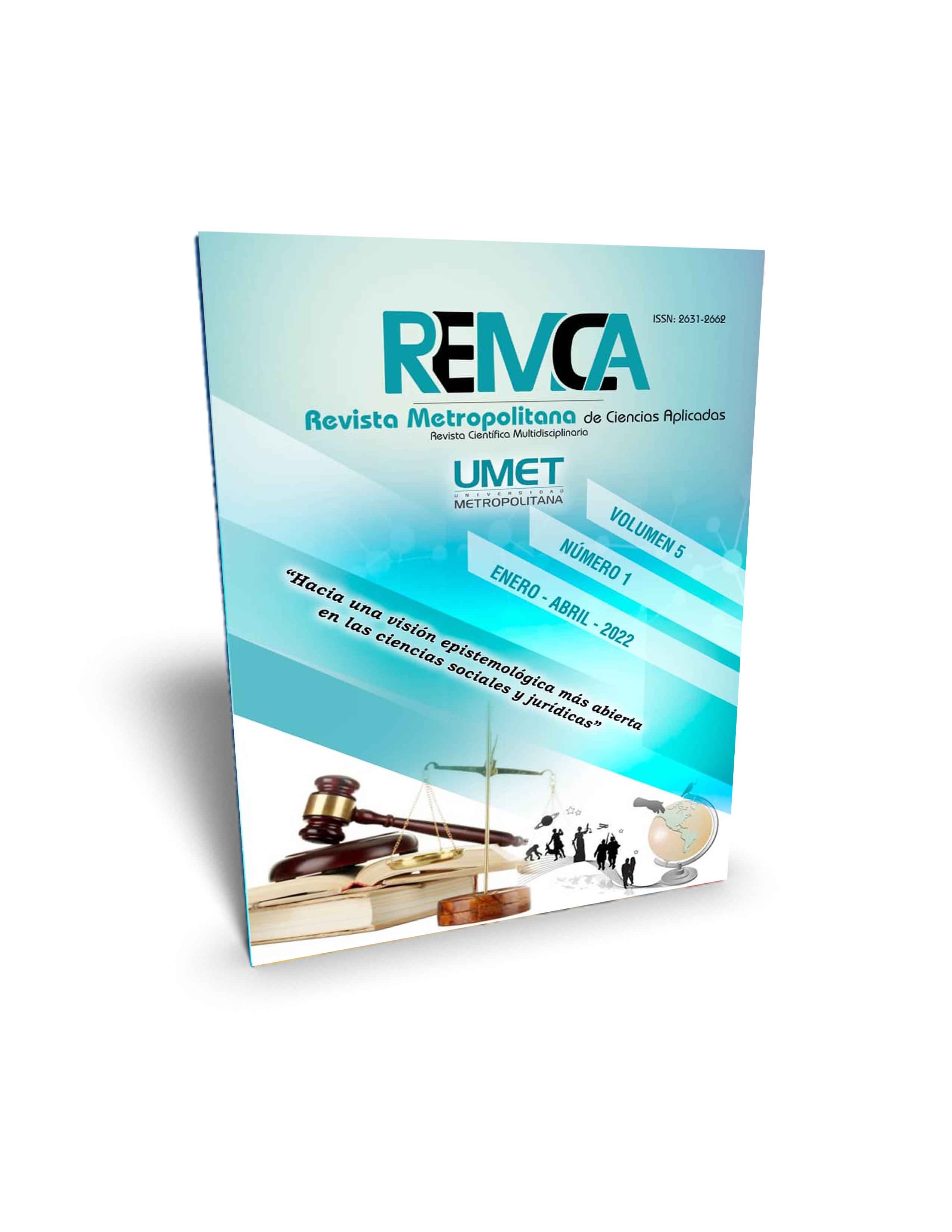The adoption children prohibition between same-sex couples. An act of discrimination
DOI:
https://doi.org/10.62452/a0ysg654Keywords:
Adoption, homoparental, human rights, discriminationAbstract
The Adoption is an institution defined as the action through which a certain person or family nucleus, called adopter legally provides a permanent home to a minor designated as adopted who does not have one, due to the lack of a representative who can take responsibility for him, however, this concept has been transforming over recent years because after the acceptance of LGBTIQ+ groups in more than 32 countries adoption left its usual framework and began to adapt to the modern social reality, the same that includes new family conformations being this, This is how this motion has been legalized in more than 28 countries worldwide and criticized by the rest, being this the case of Ecuador, where it is stated that this right and legal possibility is specifically for couples of different sexes, evidencing a critical violation of the right to the formation of a family in all its types, discriminating against gender and thus violating the Human Rights.
Downloads
References
Ecuador. Asamblea Nacional. (2014). Código de la Niñez y Adolescencia. Registro Oficial 737. https://www.registrocivil.gob.ec/wp-content/uploads/downloads/2014/01/este-es-06-C%C3%93DIGO-DE-LA-NI%C3%91EZ-Y-ADOLESCENCIA-Leyes-conexas.pdf
Ecuador. Congreso Nacional. (2015). Código Civil. Registro Oficial 506. https://www.derechoecuador.com/uploads/content/2020/12/file_1609348284_1609348291.docx
Ecuador. Asamblea Nacional Constituyente. (2008). Constitución de la República del Ecuador. Registro Oficial 449. https://www.ambiente.gob.ec/wp-content/uploads/downloads/2018/09/Constitucion-de-la-Republica-del-Ecuador.pdf
Magaña, C., Carolina, G., Villanueva, O., Beatriz, J., Karen, Q. C., Chávez, C., & Antonio, I. (2011). Parte De Parejas Homosexuales. Revista Electrónica de Psicología Iztacala, 14(3).
Moreno, P. (2014). Producción de evidencia psicológica en el debate jurídico sobre adopción gay en Colombia. Universitas Psychologica, 13(5).
Organización de las Naciones Unidas. (1948). Declaración Universal de Derechos Humanos. https://www.un.org/es/documents/udhr/UDHR_booklet_SP_web.pdf
Olivo, D. (2020). El matrimonio igualitario y su incidencia en la adopción en la legislación ecuatoriana. Universidad Regional Autónoma De Los Andes Uniandes.
Real Academia Española. (2021). Diccionario de la Real Academia Española. Espasa Calpe.
Rubio Llórente, F. (1991). La igualdad en la jurisprudencia del tribunal constitucional. Revista Española de Derecho Constitucional, 11(31).
Ruiz-Jaramillo, P., & Pinos-Jaén, C. (2020). Parejas homosexuales y el derecho de adopción en el Ecuador. Revista Científica Ciencias Económicas y Empresariales, 5(3).
Valladares González, A. (2008). La familia. Una mirada desde la Psicología. Medisur, 6(1), 4-13.
Downloads
Published
Issue
Section
License
Copyright (c) 2022 José Gabriel Barragán García, María Judith Espinosa Vaca (Autor/a)

This work is licensed under a Creative Commons Attribution-NonCommercial-ShareAlike 4.0 International License.
Authors who publish in Revista Metropolitana de Ciencias Aplicadas (REMCA), agree to the following terms:
1. Copyright
Authors retain unrestricted copyright to their work. Authors grant the journal the right of first publication. To this end, they assign the journal non-exclusive exploitation rights (reproduction, distribution, public communication, and transformation). Authors may enter into additional agreements for the non-exclusive distribution of the version of the work published in the journal, provided that acknowledgment of its initial publication in this journal is given.
© The authors.
2. License
The articles are published in the journal under the Creative Commons Attribution-NonCommercial-ShareAlike 4.0 International License (CC BY-NC-SA 4.0). The terms can be found at: https://creativecommons.org/licenses/by-nc-sa/4.0/deed.en
This license allows:
- Sharing: Copying and redistributing the material in any medium or format.
- Adapting: Remixing, transforming, and building upon the material.
Under the following terms:
- Attribution: You must give appropriate credit, provide a link to the license, and indicate if any changes were made. You may do this in any reasonable manner, but not in any way that suggests the licensor endorses or sponsors your use.
- NonCommercial: You may not use the material for commercial purposes.
- ShareAlike: If you remix, transform, or build upon the material, you must distribute your creation under the same license as the original work.
There are no additional restrictions. You may not apply legal terms or technological measures that legally restrict others from doing anything the license permits.




